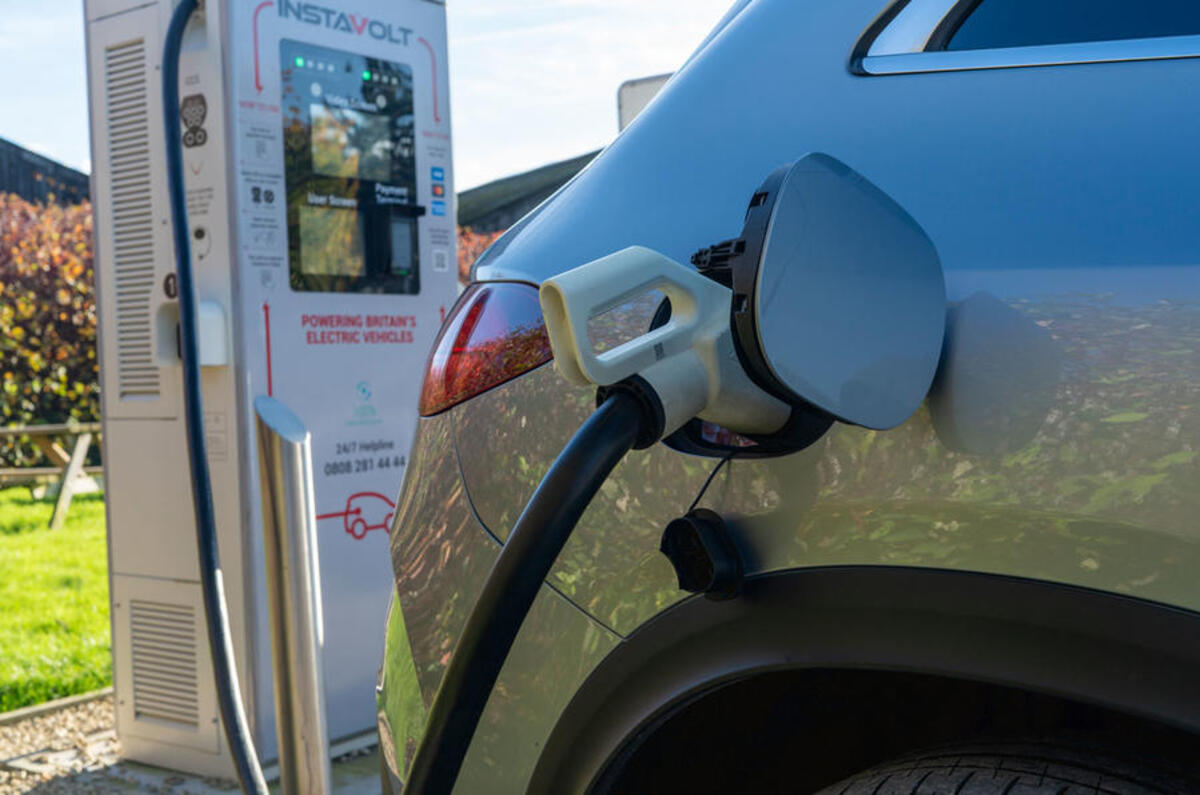Grants to incentivise sales of electric cars are set to return as part of a tier system that will award bigger subsidies to UK-made vehicles, according to The Telegraph.
The report claims that £640 million in taxpayer cash will be used to fund the move as part of new plans to boost retail sales of EVs.
Official details of the fund will be fully announced on Tuesday by the government, transport secretary Heidi Alexander told The Telegraph. An extra £60m will also be announced to fund the building of more public chargers.
She said: “We do know that the high upfront purchase cost of EVs is something that people are wary about.
“I think we’ve got to be honest and say there are a lot of people out there who think that EVs are just for the very wealthiest.
“We also want to really move away from people having range anxiety to people having range awareness and knowing that they’re going to be able to make the journeys that they want to make.
“It’s right that the government thinks in the round about what we can do to tackle both of the issues, on charging and on the upfront cost of purchase.”
This echoes the previous Conservative government’s Plug-in Car Grant, which was pulled in 2022 and took £1500 off the price of a new EV, but one important difference with the new set-up is that it will incorporate a tier system, effecting the amount of grant given.
The report claims that this will favour UK-made cars, such as those manufactured at Sunderland by Nissan, which this year will begin building the new Leaf EV and next year the Juke EV.
The grant is also expected to apply only below a certain price band, meaning the most expensive and more premium EVs will not be eligible.
The news comes as car makers are struggling to hit the UK’s Zero Emission Vehicle (ZEV) mandate, which this year requires them to achieve an EV sales mix of 28% or be fined £12,000 per non-compliant vehicle. So far this year, just under 25% of all new cars sold in the UK have been fully electric.
The motor industry is concerned that EV sales are being heavily propped up by fleet sales, given the fleet sector already has incentives via benefit-in-kind tax reliefs, which is why retail customers are now set to receive support.
The grant is part of a wider move by the government to increase the appeal of EVs. On Sunday it announced Drive35, a £2.5 billion fund “supporting projects which help the transition to zero-emission vehicle manufacturing”.
This includes cash for manufacturing, R&D, jobs, upskilling and more to “help ensure the UK remains at the forefront of zero-emission vehicle development”, said the government.
Business and trade secretary Jonathan Reynolds said: “Economic growth is our number-one priority, and by funding our world-leading auto sector, we are creating the right conditions for increased investment, bringing growth, jobs and opportunities to every part of the UK.”
The announcement was welcomed by the Society of Motor Manufacturers and Traders’ chief executive, Mike Hawes, who called it “further evidence of the sector’s importance to economic growth”.








Join the debate
Add your comment
The government obviously has more cash washing around than it has previously said, if it can afford to subsidise luxury products like electric cars. The manufacturers can easily afford to be less greedy with their list prices, why should the taxpayer fuel the profits of these big companies?
Looool
Lets be honest, a subsidy is the last thing EVs need. If a new EV is too expensive, buy a delivery miles used EV, there are loads out there, and they are cheap (because, surprise surprise, there are far more of them than there are buyers) and if a subsidy helps register a few extra new EVs, what do you think will happen tothe value of used ones? They will fall even further, as the supply will have increased.
I dont know anyone who hasnt bought a new EV due to them only being for the wealthy! People dont want them as they dont fit their life styles, and that wont change.
It will be so nice to know what the government are spending MY money on when they increase taxes in the Autumn...........
Still much better than using your money to send nobody to Rwanda.
There are good things to do with the public's money and bad things. I see little point in arguing which bad idea is worse
Sure, that's why we have elections, so people can express their opinions rather than arguing online.
Investing public money in the expansion of EV chargers and EV R&D and net zero are in the Labour's manifesto, therefore people have voted for this.